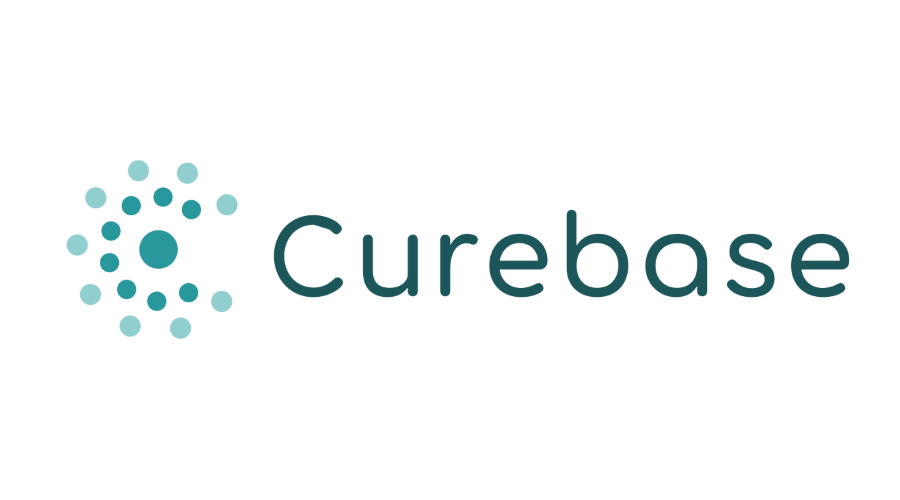Curebase bags $40m to develop patient-centric trials platform

Curebase has raised $40 million in second-round financing that will help it run more complex interventional trials for its biopharma clients, according to chief executive Tom Lemberg.
The Series B takes the total raised by Curebase to $59 million since it was set up five years ago to develop a patient-focused approach to clinical research, though the development of a software platform initially aimed at running decentralised clinical trials (DCT).
DCTs or virtual studies – or a hybrid mix with traditional site-based studies – are increasingly being used to solve challenges in patient enrolment, retention, and diversity in clinical trials. The aim is to allow patients to participate, regardless of their location, for example via community provider facilities and home-based care.
While Curebase has become known as a DCT company, the aim is to develop its platform further to make sure that it offers all the needs for the software required to run a modern, patient-centric clinical trial, Lemberg told pharmaphorum.
[caption id="attachment_90828" align="alignright" width="180"] Tom Lemberg - CEO of Curebase[/caption]
Tom Lemberg - CEO of Curebase[/caption]
"We've proven we are leaders in DCT, but the future isn't either DCT or traditional – instead it is every study needing to be modern and patient-centric," he added. "That means being able to work with clinics and points of care of all backgrounds."
Part of the new funding will be used to deepen and expand Curebase's network of primary care physicians, urgent care teams, clinical specialists and other points of care – drive through testing sites for example – as well as to develop its software platforms.
The latter includes the launch of a site-focused operating system for investigation sites – from private practices and independent clinics to large academic research sites – as well as further development of patient interfaces, mobile applications, electronic data capture (EDC), data management and remote monitoring software.
Part of the new funding round comes from a new strategic investment from Gilead Sciences, which has been working with Curebase for a number of years to develop its platform beyond an initial focus on telemedicine and electronic patient reported outcomes (ePRO).
It marks a "further expansion and deepening of this relationship as the two companies work towards their common goal of making their studies more accessible to patients no matter what the trial," said Lemberg.
He cited company data suggesting that the Curebase model can speed up enrolment into trials, improve diversity by a third and achieve cost savings, with a high (97%) level of patient satisfaction reported in a recent pivotal study that helped secure an FDA approval.
While DCTs and hybrid trials came to the fore as a result of COVID-19 social restrictions, Lemberg is confident that there will be no retreat to the traditional way of running studies.
"We believe that 'decentralised trials' will become more synonymous with 'modern trials'," said Lemberg.
"At this point, patients, providers, and sponsors have been exposed more regularly to the types of technology and techniques that make clinical trials overall easier to conduct and participate in," he added. "We are seeing the vast majority of them refusing to go back to the way things were before."
The Series B was led by Industry Ventures, with participation from Acrew Capital, World Innovation Lab and Positive Sum, as well as existing investors GGV Capital, Bold Capital and Xfund.












